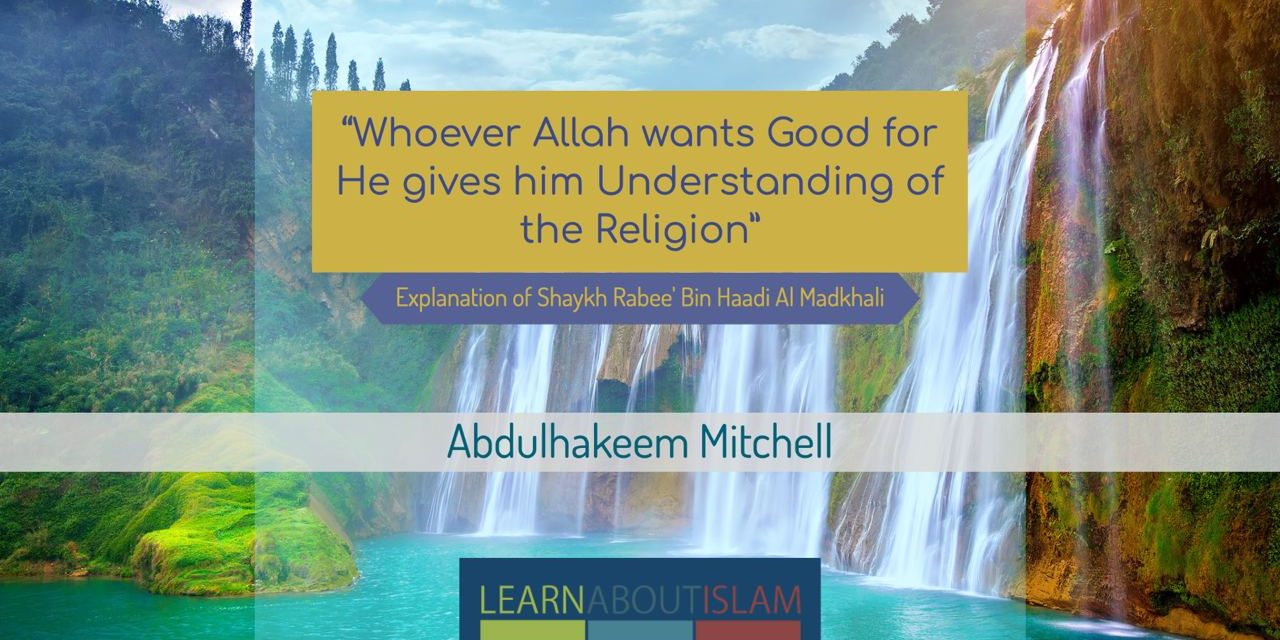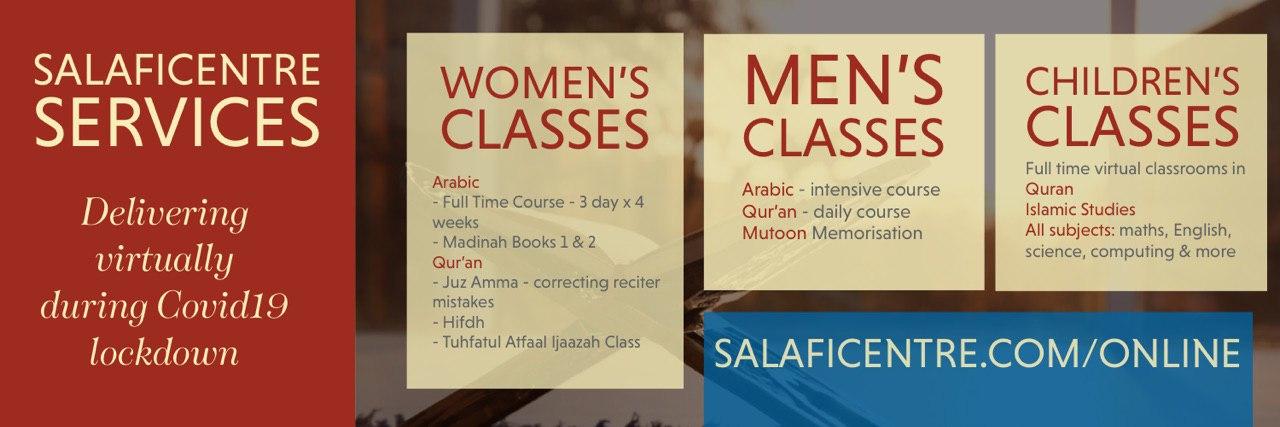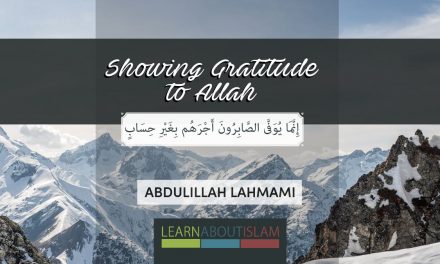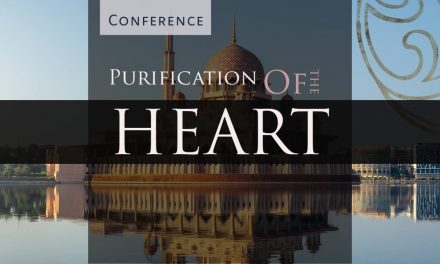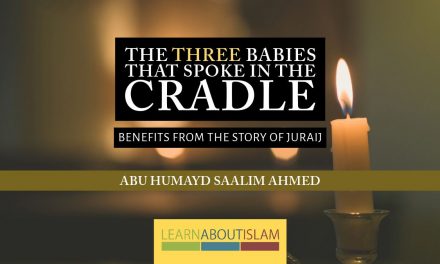A Series of talks by Ustaadh Abdul Hakeem Mitchell
Covered in 4 Study Sessions:
- Fri 10th Jan 2020: 8pm
- Sun 12th Jan 2020: 3pm, 6pm, 8pm
Lesson Notes
-
Lesson 1
Today’s lesson was the introduction to the series of lessons taking place regarding the foundational hadeeth “Whomsoever Allah wants Good for He gives him Understanding of the Religion”. The explanation being used is of the Imam, Shaykh Rabee ibn Haadi Al-Madkhalee (hafidhahullah). Covered by Ustadh Abdul Hakeem Mitchell in this first lesson were the following points; • The underlying reasons and importance of selecting this hadeeth to be explained. • The virtue and importance of knowledge. • An explanation of the statement of ibnul Qayyim regarding the 3 affairs which are linked to true happiness - and their relation to knowledge. • The virtue of the Scholars and their level of Taqwa and khashya (reverent fear) corresponds to their knowledge and action upon it. • Link between Taqwa and Khashya. • Further benefits shared from Ibn Rajab (rahimahullah), Shaykh Ubayd al-Jaabiree and Shaykh Abdullah ibn Abdur-Raheem Al-Bukhaari (hafidahumullah). Recorded at The Salafi Centre of Manchester on 10/1/20 and streamed live on SunnahRadio.Net
-
Lesson 2
Today’s lesson was the second in a series of 4 lessons taking place regarding the foundational hadeeth Shaykh Fawzaan said Ibaadaat (types of Worship) are three: - Physical worship - Financial worship - Physical and financial both together What is Fiqh? - People think it refers to the branches of knowledge (Furoo’) - First and foremost it’s in Aqeedah and Tawheed - The most noble type of knowledge is the knowledge of Tawheed - Then we study all the other chapters of knowledge Shaykhul Islaam Ibn Taymiyyah said: “Whoever leaves of the daleen will go astray from the path. And there is no daleel except that which the messenger came with.” Daleel (evidence) is “Allah said” or the “Messenger said” Imam Ahmed said: “The one who does not distinguish between the Saheeh hadeeth and the weak can not be an Aalim (a scholar)”. Recorded at The Salafi Centre of Manchester on 12/1/20 and streamed live on SunnahRadio.Net
-
Lesson 3
This lesson was the third in a series of 4 lessons taking place regarding the foundational hadeeth "whoever Allah wants good for, he will give him understanding in the religion" The virtues of traveling for knowledge, such as the example of Moosaa traveling to Khidr. A person should: - Humble himself for knowledge - Seek knowledge for the sake of Allah - Be sincere in seeking knowledge If you humble yourself for knowledge – it brings about honour. This shows humility and good manners. One should not humble and humiliate himself for the worldly affairs. Other benefits: - The Salaf travelled to seek knowledge - Muaadh ibn Jabal and Aboo Moosaa al-Ash’ari were both sent by the Prophet to Yemen, and both were originally from Yemen. - Some of the companions would travel for a whole month for a single hadith - Knowledge is the inheritance of the prophets - Even the animals benefit from the scholars - The people are different levels as it relates to knowledge. Advice from Shaykh Rabee: - You should have good questions, ask them in a good manner without being excessive or devoid of benefit. - Your intention in asking questions should be to benefit - You should be attentive and listen well. - Memorise and do not just listen and forget. - You should record knowledge and memorise - Then you should teach the people and call to Allah - You should have sincerity to Allah. You should not study knowledge with an expectation to become a teacher in a masjid or become a “YouTube Star”. Recorded at The Salafi Centre of Manchester on 12/1/20 and streamed live on SunnahRadio.Net
-
Lesson 4
A series of beneficial Questions and Answers with Shaykh Rabee ibn Haadee al-Madkhalee Q.1 Can It be understood that the one whom Allah does not want good for, he does not give him understanding of the religion? Q2. I have studied under one of the students of knowledge and mastered it. If I hide, I fear of becoming like those who hide knowledge. And if I teach in the masjid, I fear that I become of those who teach but have not reached the level of the scholars. What is your advice? Q3. In these times, we find that many of the Islamic Sciences can be found with those who have deviated from the Salafi Manhaj. Can we study from them? Q4. The statement of Ibn Seereen “ Indeed this knowledge is deen, so look towards whom you take your religion from”. Does this mean that we also do not take from those whose situation is unknown? Recorded at The Salafi Centre of Manchester on 12/1/20 and streamed live on SunnahRadio.Net
